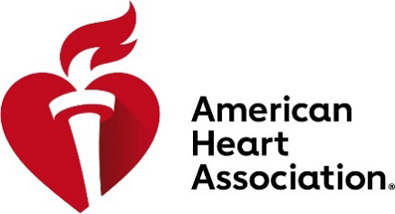Red Chair Series shares information on unique heart disease risks for different groups

The American Heart Association and Rochester Regional Health have released the fourth video in the new Red Chair Series. The online video series is designed to bring crucial heart health education to the community. This collaboration aims to raise awareness of significant health threats, particularly among women, rural populations, and underrepresented minority groups, while addressing gaps in heart care.
The fourth video in the series is now available on YouTube (https://www.youtube.com/watch?v=7mTdBDsqQZw). It will also be featured on the American Heart Association’s New York State social media channels. In this episode, Dr. Timothy Malins, director of Eastern Region Cardiac Services at Sands-Constellation Heart Institute, Rochester Regional Health, discusses geography’s impact on heart health, including efforts to improve acute care in rural areas.
“At Rochester Regional Health, we believe that education is one of the most powerful tools we have in the fight against heart disease. Our partnership with the American Heart Association allows us to expand access to vital information and to uphold our commitment to the health and wellness of the communities we serve.” said David Simpkins, SVP and Chief Marketing, Communications, and Community Affairs Officer at Rochester Regional Health. “Through the Red Chair Series, we aim to provide our community with the knowledge they need to make informed health decisions and ultimately, to save lives.”
The Red Chair Series covers critical topics such as cardiovascular risks faced by women, maternal health, preventative care, rural health factors and more. Each episode features experts discussing how these challenges affect specific populations and what can be done to mitigate the risks.
“The American Heart Association is working relentlessly to eliminate heart disease and stroke,” said Megan Vargulick, Executive Director of the American Heart Association in Rochester. “Collaborations like this are how we can make that impact and foster equitable health.”
Provided information



